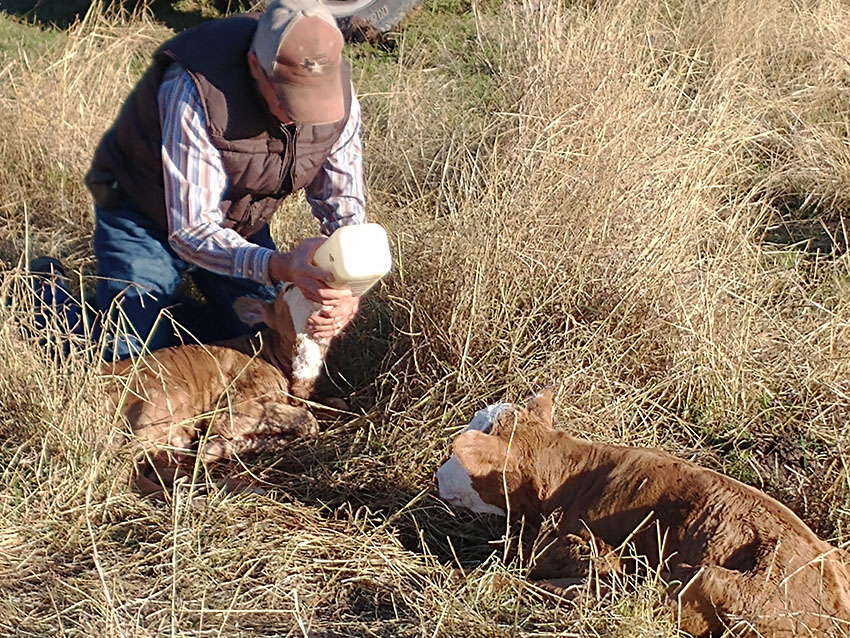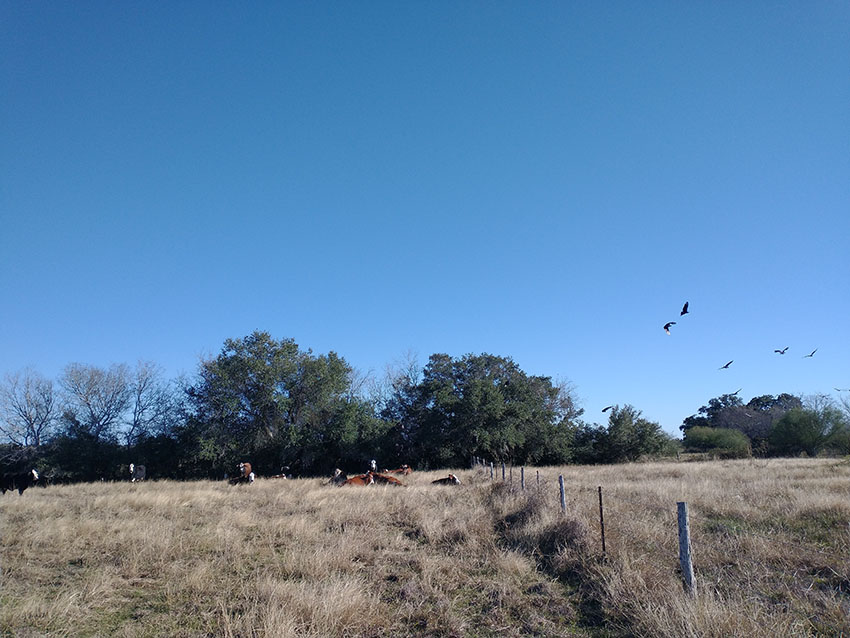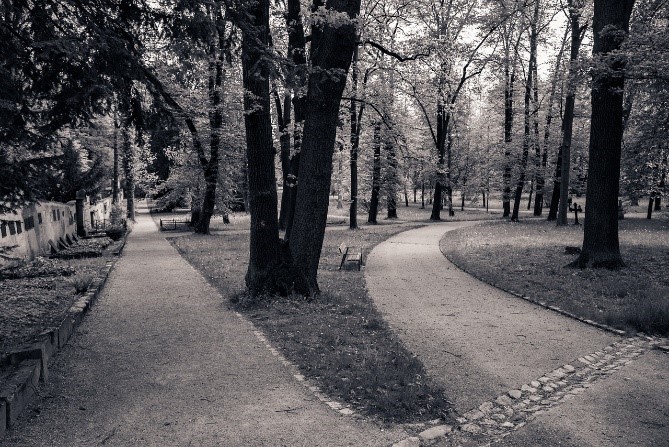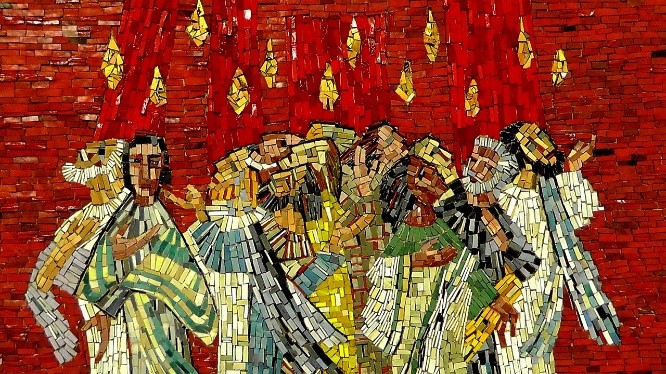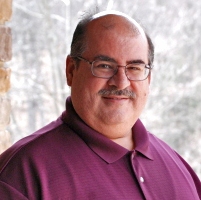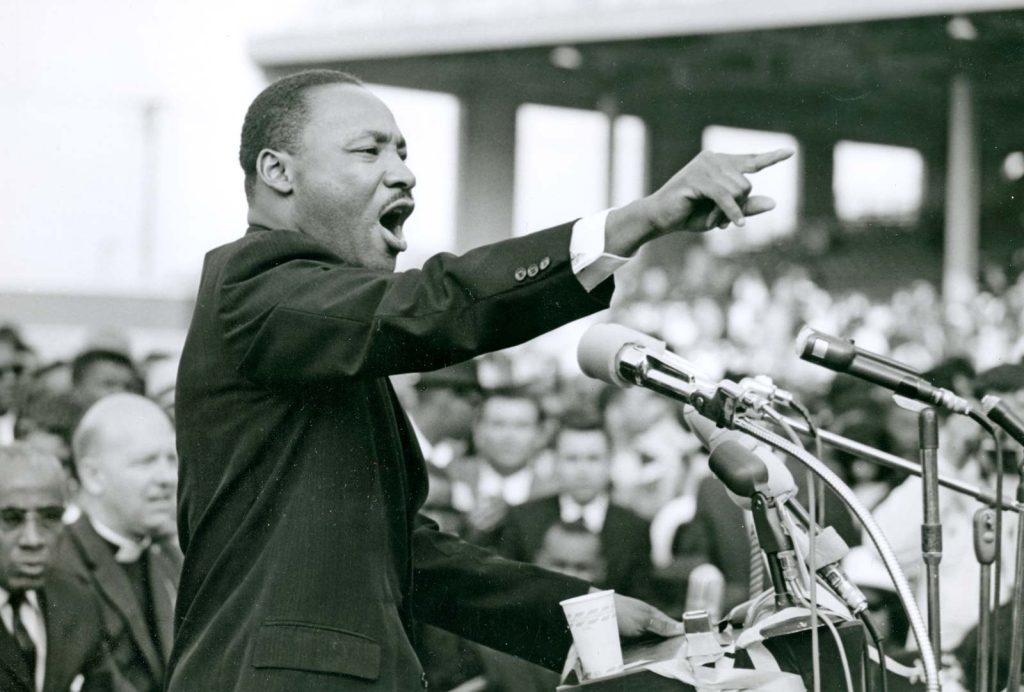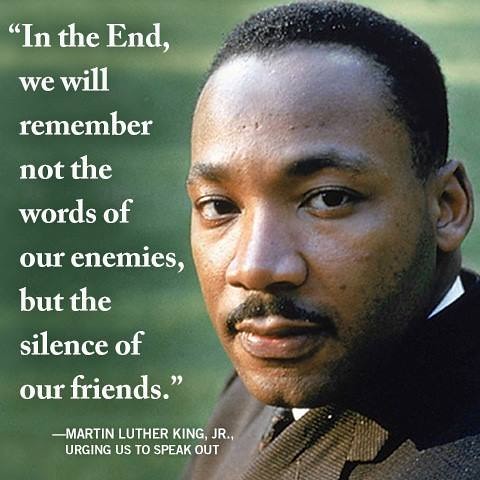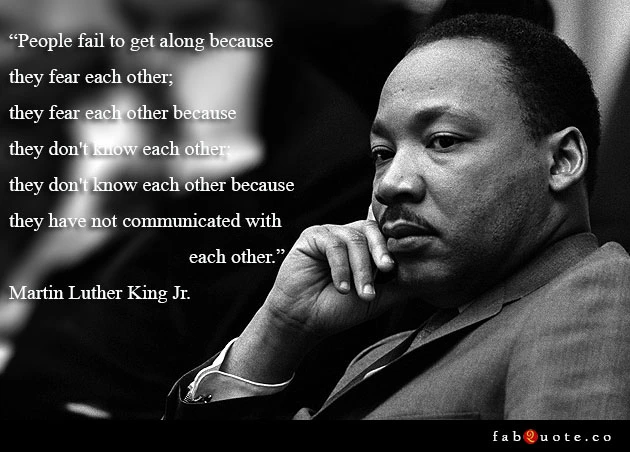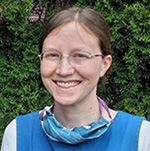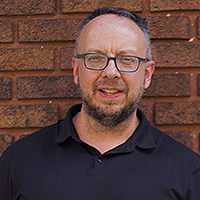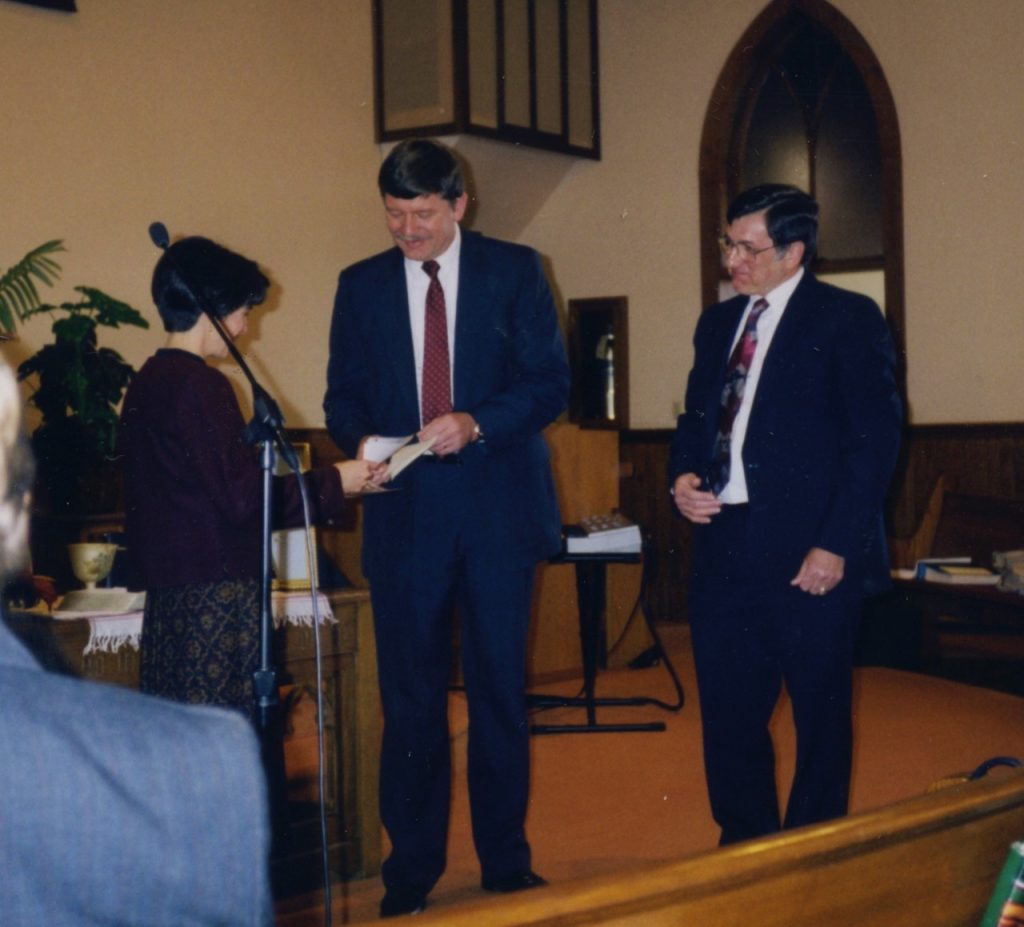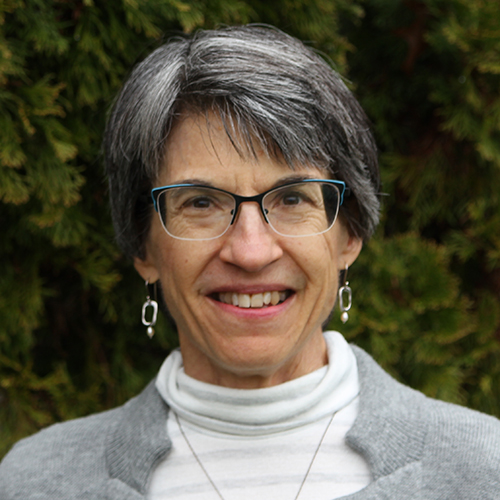“Eight weeks. Would you be willing to help us out for eight weeks…maybe ten at the most?”
This was the invitation I received to join the Conference communication staff in January 2020. As the Conference changed and grew, so did the needs of the communication staff, so my eight weeks was extended multiple times until I became a permanent staff member. Now, four years later, I have decided it is time for me to pass the baton along.
For the four years that I worked for Mosaic, I worked at least one other job, sometimes two. My jobs were always part-time jobs, so on paper, it seemed like the math should add up. Rarely did the number of hours purportedly worked add up to over 40. Surely, I could handle a full-time load. Many weeks, I did, and it was fine. Some weeks felt lighter than full-time, and others more than full-time. I was bi-vocational, working in two areas that I loved: communication and chaplaincy. I was on the communication staff for Mosaic, and I was a chaplain. I felt fortunate. And I was.
But over time, the toll of doing two part-time jobs that required my energy and thinking outside of the standard hours worked began to feel heavy. It was hard to juggle the schedules; which job do I prioritize when I have both jobs requesting my presence at the exact same time? How do I make sacrifices in one job to be successful in the other? Carrying the energy, knowledge, and responsibility of two jobs began to feel like I wasn’t able to do either one as well as I wanted.

I know many people, especially those of us in ministry, are bi-vocational. Some people may choose this, as they welcome the opportunity to set boundaries and feel like having another job allows them this possibility. Other people are bi-vocational due to financial needs. For some, being bi-vocational allows them to experience a variety of professional experiences, something I enjoyed in my two roles.
But, after four years, I realized that juggling two jobs is not sustainable for me in the long run. I want to be able to focus more steadily on one job and do it well. For me, this meant choosing the job that allowed my truest passion, being a chaplain, to shine.
As a result, I say goodbye to my role on the communication team of Mosaic Conference. I do so sadly, as I have thoroughly enjoyed my time as a staff member. But I’m not going away, as I still am an active member of a Mosaic congregation. I just won’t have the regular staff interaction now, and I will miss that. The Mosaic staff are amazing. They work very hard to support a growing, changing, diverse group of people and theological beliefs and they do it with joy, integrity, commitment, and even some laughter.
Many of the Mosaic staff are bi-vocational. Many of them are juggling multiple roles in their life too, like you. So, as you work with them, give them grace and understanding, knowing that 1 + 1 does not always equal 2.
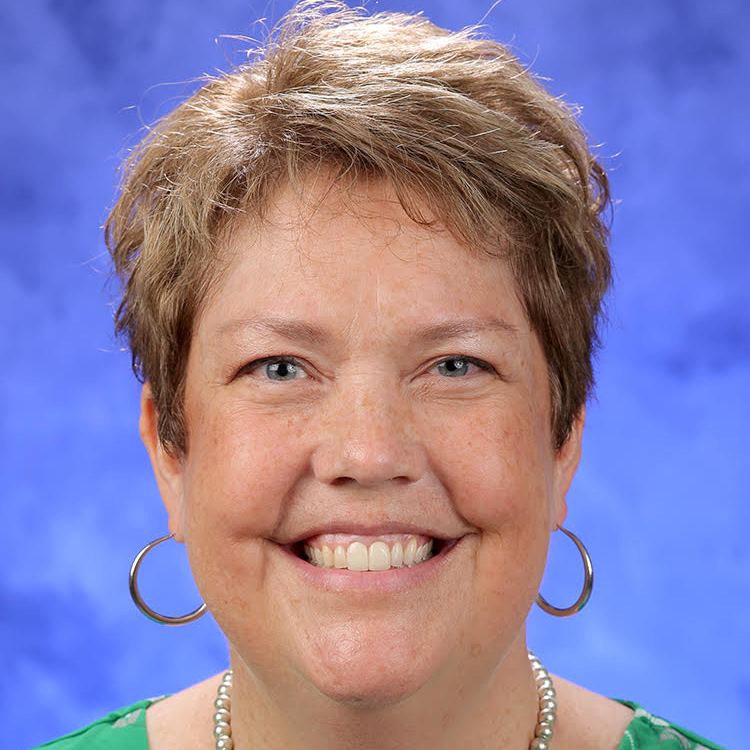
Sue Conrad Howes
Sue Conrad Howes is a chaplain at St.Luke’s Penn Foundation and is an ordained pastor in MC USA. She and her husband live in Quakertown, PA and are members at West Swamp Mennonite Church.

